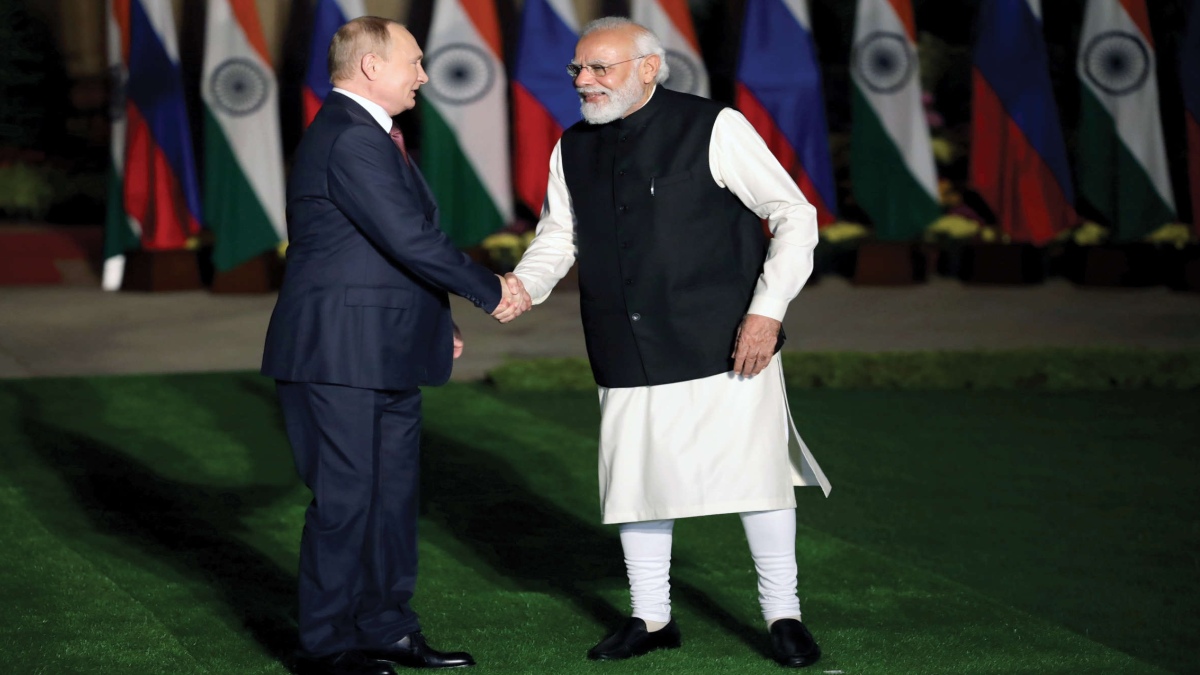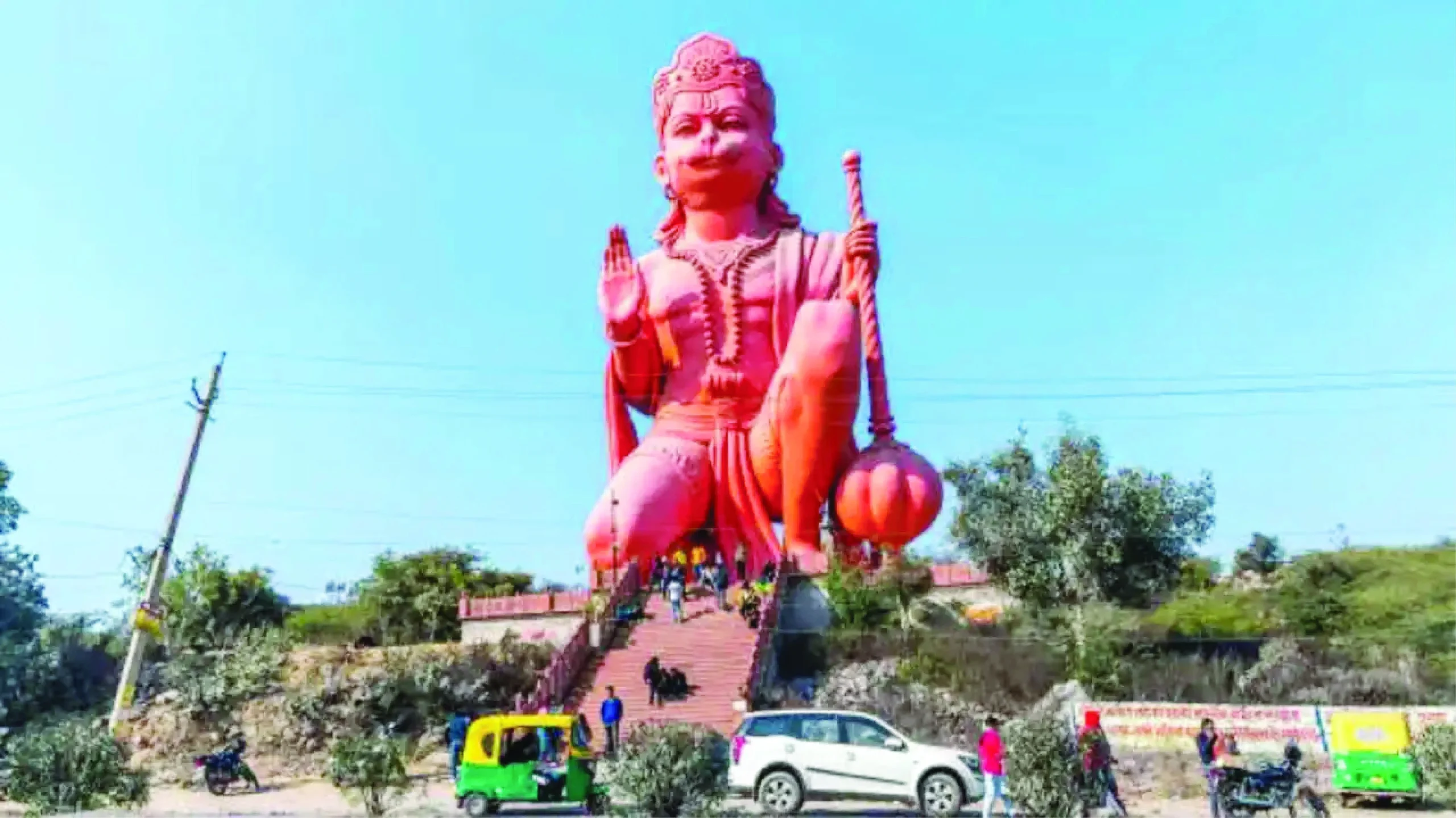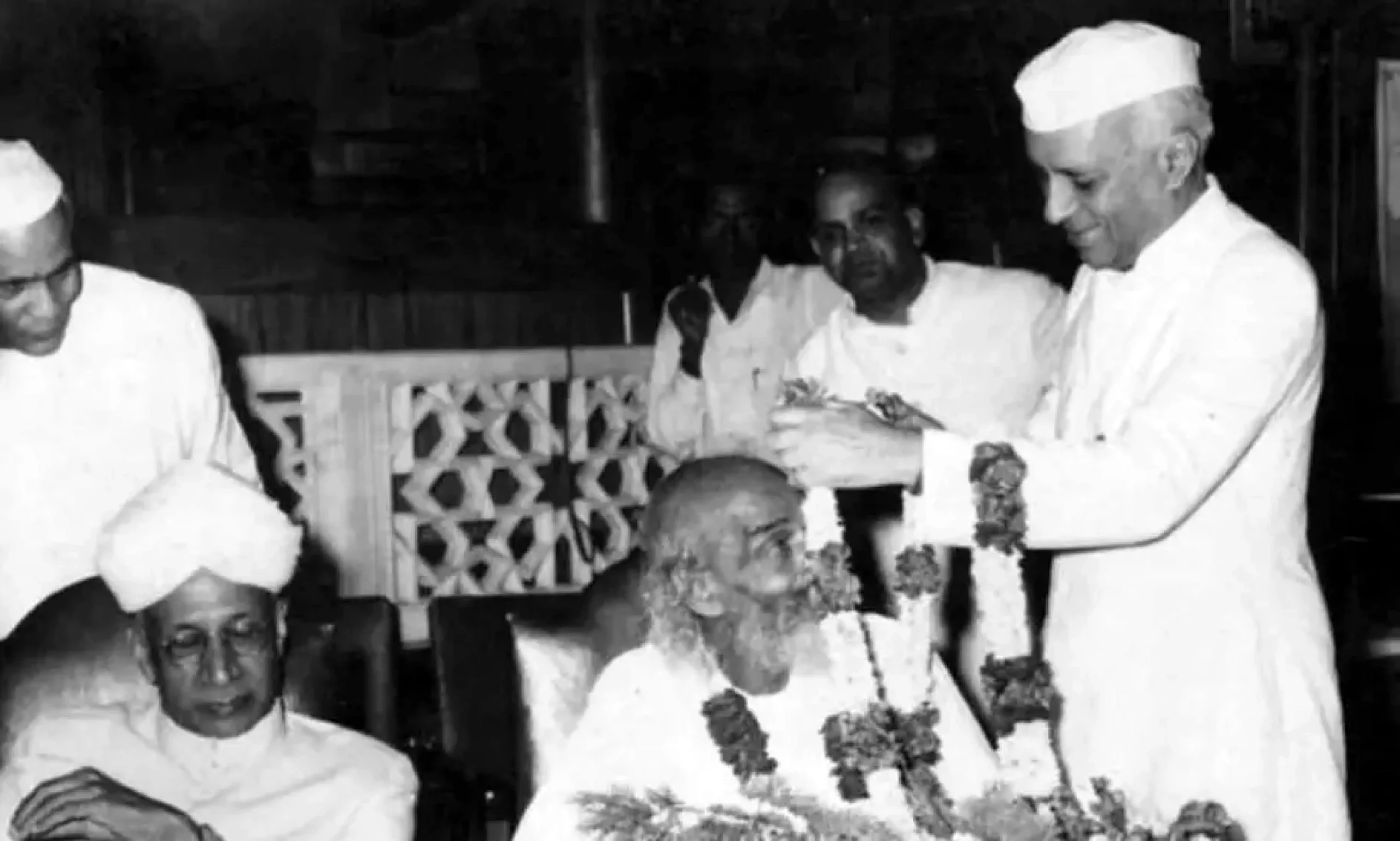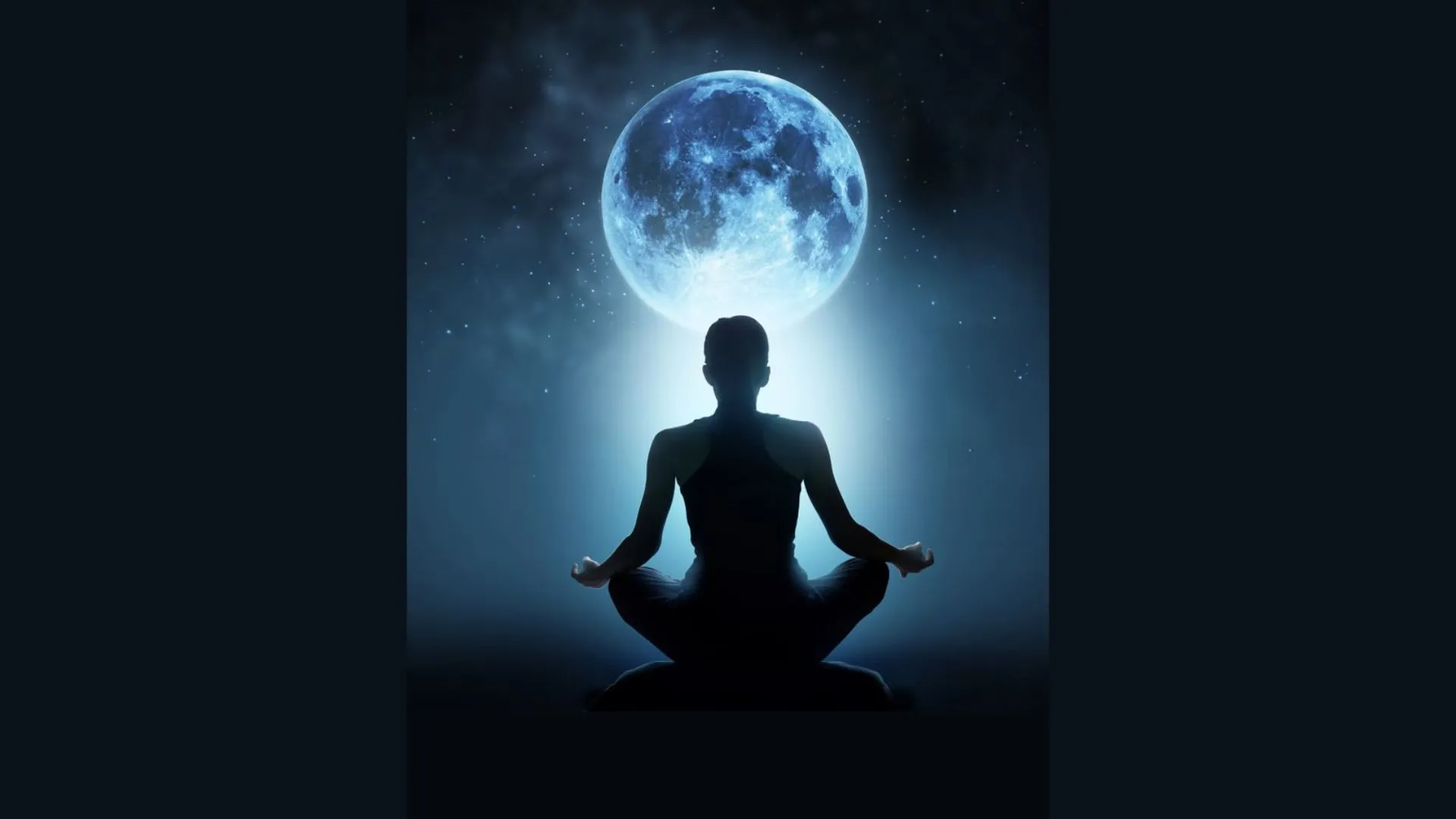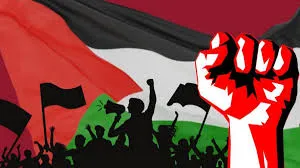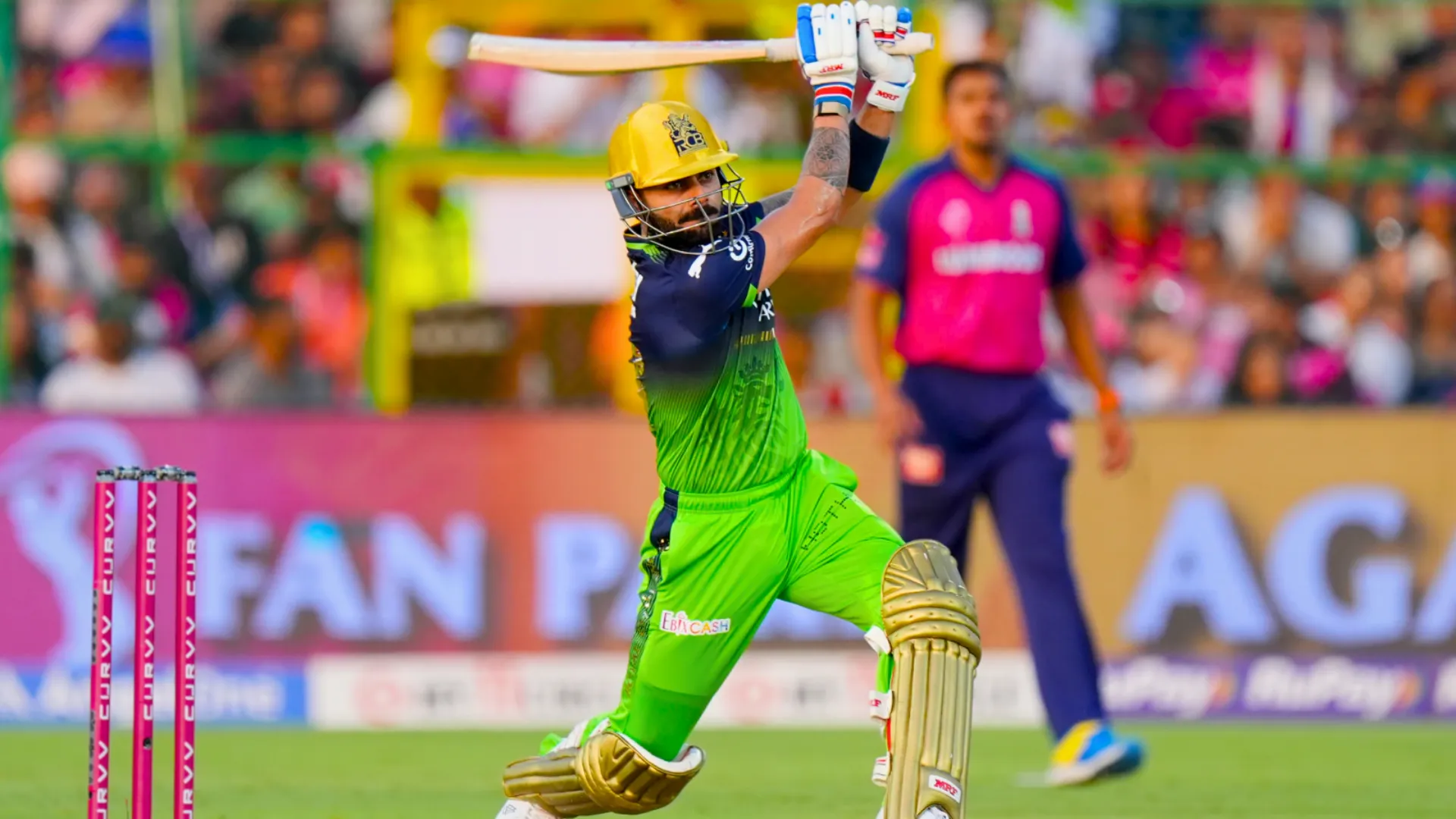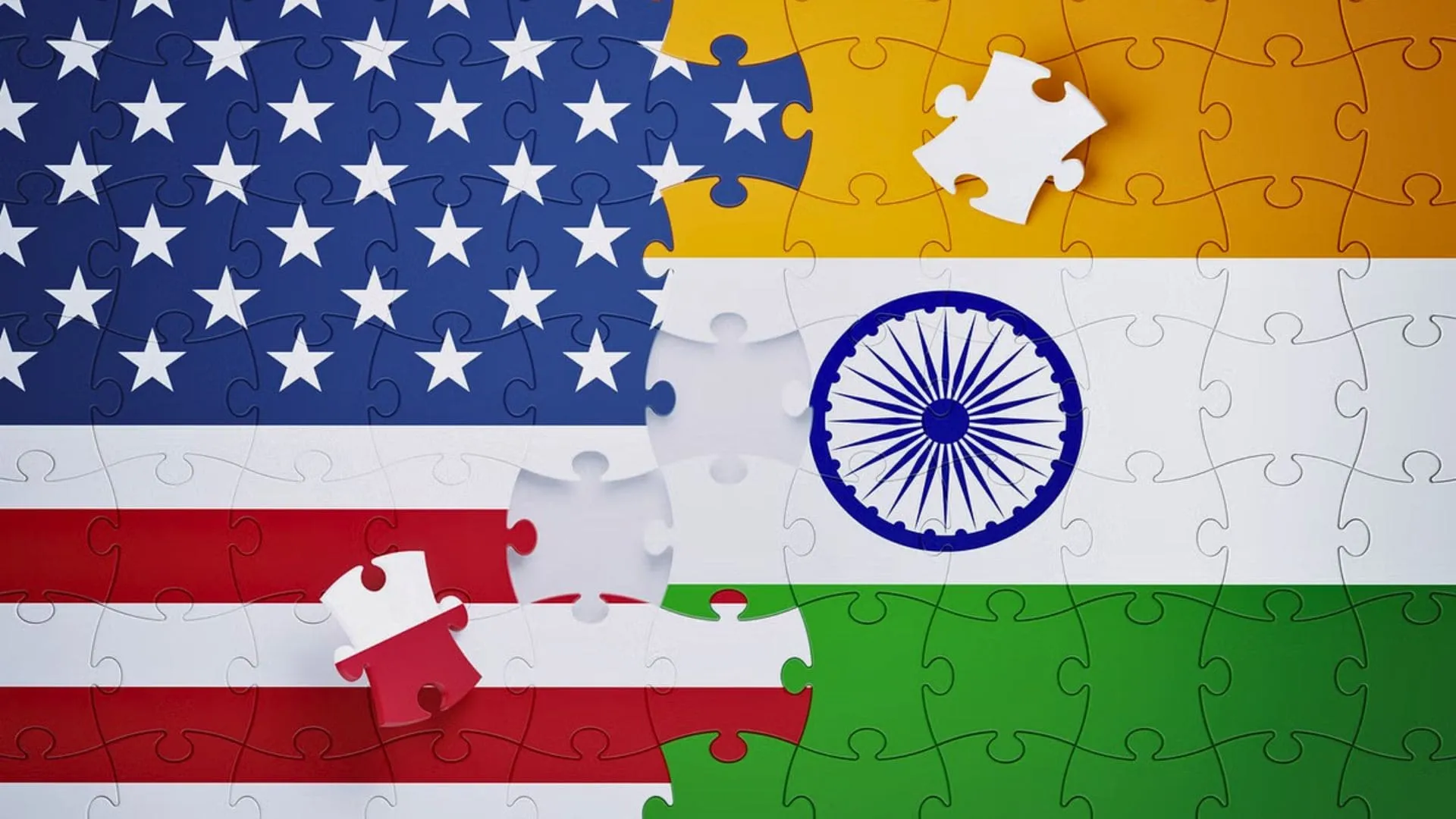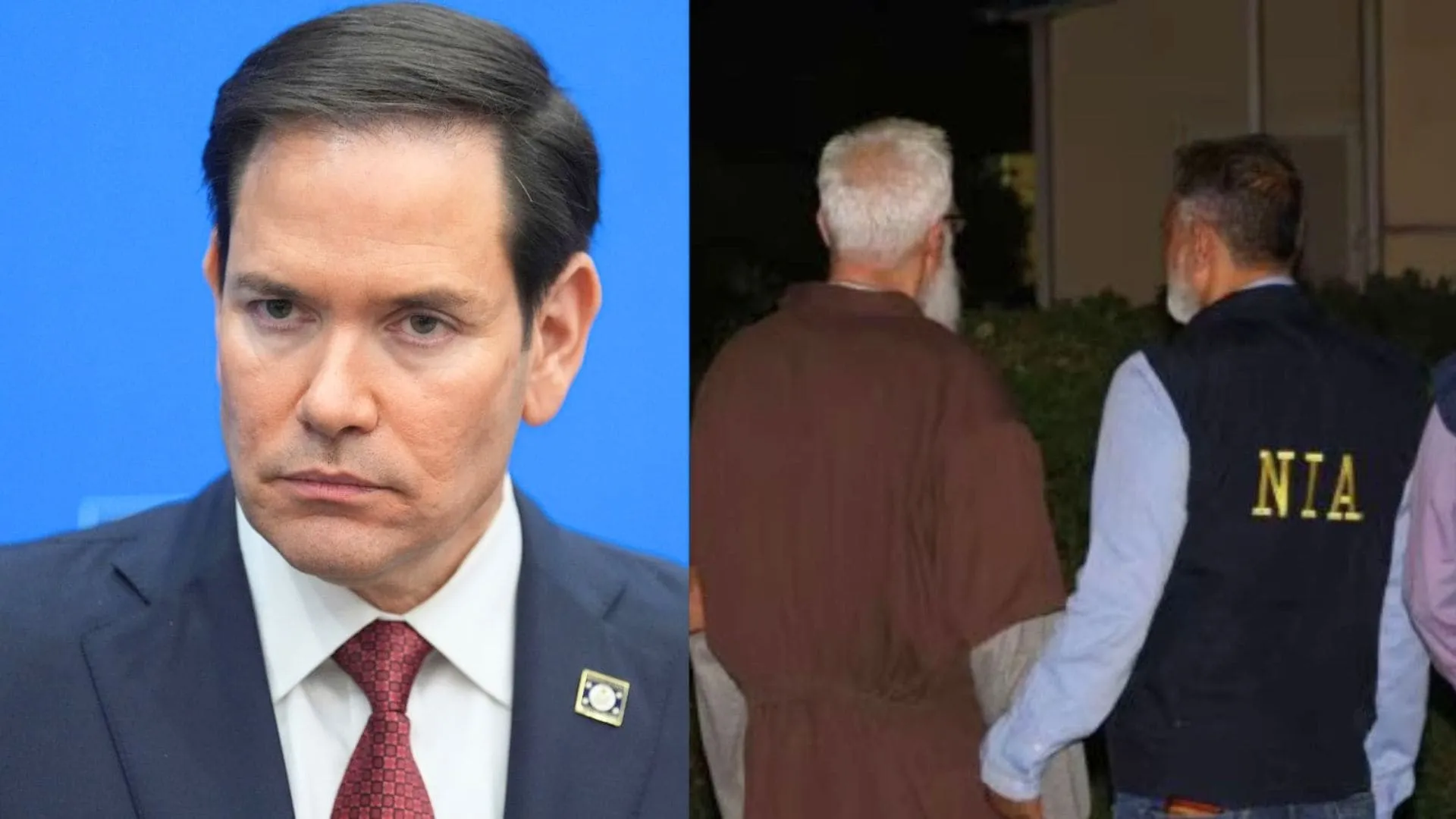Russian President Vladimir Putin was in India for the 21st India-Russia Annual Summit. This was the first in-person meeting between Prime Minister Narendra Modi and President Putin since their meeting in November 2019 on the sidelines of the BRICS Summit in Brazil. The visit was short but significant as this was only the second time that thae Russian President travelled abroad during the pandemic, after his trip to Geneva this summer for a meeting with US President Joe Biden.
This year marks 50 years of the signing of the Indo-Soviet Treaty of Peace, Friendship and Cooperation between India and the Soviet Union, a treaty that sent a strong signal both to Washington and Beijing back in 1971. The shifted sands of geopolitics have put India and Russia on different trajectories in the 21st Century that has brought them to a situation quite opposite to the one in 1971—the US has inched towards India, while Russia has taken to China and some extent to Pakistan. The Indo-US or the Sino-Russia ties are not time-tested like the Indo-Russian ties but have evolved due to convergence of interest between the partner nations against a common threat—China, in the case of India and the US, and the US in the case of Russia and China. The changed world order and their alliances with each other’s rivals have necessitated a reset of the Indo-Russia relationship. By choosing to visit India, that too at a time when India-China tensions are running high, Putin is giving a clear message that Kremlin’s foreign policy will not be dictated by Beijing, and that New Delhi remains an important partner of Moscow. India, on its part, is signalling its strategic autonomy by holding the inaugural “2+2” foreign and defence ministers’ dialogue with Russia, like the arrangement that India has with the Quad group countries—the US, Japan, and Australia. India has also gone ahead with the arms deal with Russia even when it comes with a risk of potential sanctions by the US.
Defence trade forms the bedrock of India-Russia relations. Although the arms procurement from Russia has witnessed a steady decline under the Narendra Modi government, Russia remains the biggest defence supplier to India amounting to 58% of India’s imports in the period of 2014-18. A large base of Russian equipment, weapons and platforms are currently in military use in India—missiles, aircraft carrier and nuclear submarine included. India is and will remain dependent on Russia for the maintenance and upgrades of the systems already in use and for the ones in the pipeline. India’s diversification of defence purchase, and its ambition to create a robust domestic defence manufacturing base, means the imports from Russia will continue to drop. However, Russia will remain a critical partner given its willingness to transfer sensitive defence technologies and joint developments.
India aims to expand its non-defence trade with Russia, especially in the energy sector, but the set target is far less than the current Russia-China trade. As of now, defence is the sector where New Delhi is more valuable to Moscow not only because it is the biggest buyer of the Russian military-industrial complex but also because, unlike China, India does not indulge in intellectual property thefts or reverse engineering and does not pose a threat to the Russian arms market with own exports. India is the second-largest defence importer in the world and Russia’s top defence trade partner. It can use its position to negotiate best deals with defence suppliers (Russia and others) as well as to ensure that Kremlin pays heed to Indian sensitivities regarding weapons deals and military alliances with China and Pakistan.
India needs a dependable P5 nation that would stand by India’s national interests, especially as the veto-wielding China turns increasingly hostile and as Pakistan turns into a Chinese colony. Russia may speak the harsh language at times or turn an occasional blind eye to Chinese attempts against India, but it has never voted against Indian interests at the UNSC. Irrespective of Russia’s uneasiness over the Quad grouping and the Russian foreign minister referring to Indo-Pacific as Asia-Pacific, Russia is supplying advanced systems like S-400 to India despite Chinese objections. Its ties with the “iron brothers” notwithstanding, Russia was the first P5 nation to formally state that abrogation of Article 370 is an internal matter for India. India and Russia also have no bilateral disputes or rivalries and have adopted silence over, if not supported, each other’s sensitive issues, be it Kashmir or Crimea.
Russia is a key player in Afghanistan with access to every other player, including the Taliban. Indian and Russian interests align over drug trafficking and Islamist terrorism that is certain to emanate from Taliban-led Afghanistan. Russia has snubbed India by excluding it from the extended Troika and has sided with China and Pakistan concerning the Taliban, but it also created a permanent consultation channel for talks on Afghanistan between President Putin and PM Modi. Nikolai Patrushev, Secretary of the Russian Security Council, has been to New Delhi twice after the fall of Kabul. Russia is concerned that the Taliban, or for that matter Pakistan, cannot be trusted to stop the flow of terrorism or drugs into Central Asia. The situation in Afghanistan is very fluid and it is hard to predict what may happen, but a Russia-India, and possibly Iran, overt or covert cooperation to safeguard individual interests and influence cannot be ruled out.
While the risk to reward ratio works for Russia with respect to its ties with China, it is an asymmetric relationship between a former superpower and the next superpower. Russia is worried not just about being relegated as the junior partner of Beijing but also losing out in its historical sphere of influence in Central Asia. Russia has been doing its counterbalancing act vis-à-vis China and India, which, not surprisingly, is vital to that act—seeking investments from India (and Japan) in its Far East, the Chennai-Vladivostok Maritime Corridor that passes through the South China Sea, supplying sensitive defence systems to India, an impetus to the negotiations on a free trade agreement between India and the Eurasian Economic Union (EAEU), cooperation in the Arctic and the joint venture on BrahMos missiles that will be exported to third countries including to some Southeast Asian nations. India will not be able to pull Russia away from China or become the third side of the dream triangle as envisaged by Russia, but from Indian, as well as the Western perspective, it makes no sense to let Russia-China embrace get any tighter by leaving Moscow with no other option.
A strong relationship with the superpower US based on mutual respect and benefit is a desirable prospect for India. However, a neighbourhood driven by hostility from/towards the US is India’s current reality, which makes continued close ties with Russia particularly important. The fact that Russia enjoys good relations with China and India, and India enjoys good relations with both Russia and the US, put the two old partners in a unique position to leverage the ties. If the communication channels are open, if the expectations are realistic, if the focus is on the convergence of interests rather than divergence, and if the red lines are marked clearly, the “special and privileged strategic partnership” shared by the two nations will not only withstand the pressures of geopolitics but will thrive and may even bring some stability to the region.
Defence trade forms the bedrock of India-Russia relations. Although the arms procurement from Russia has witnessed a steady decline under the Narendra Modi government, Russia remains the biggest defence supplier to India amounting to 58% of India’s imports in the period of 2014-18.

